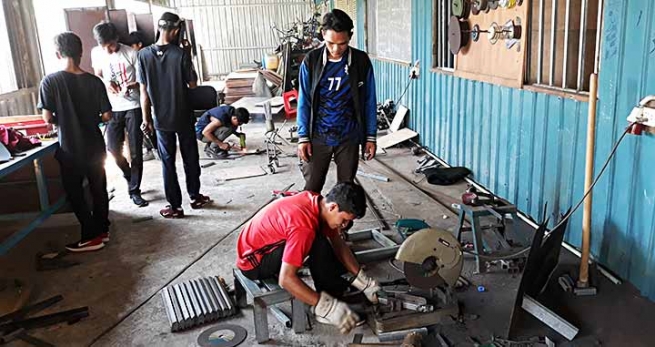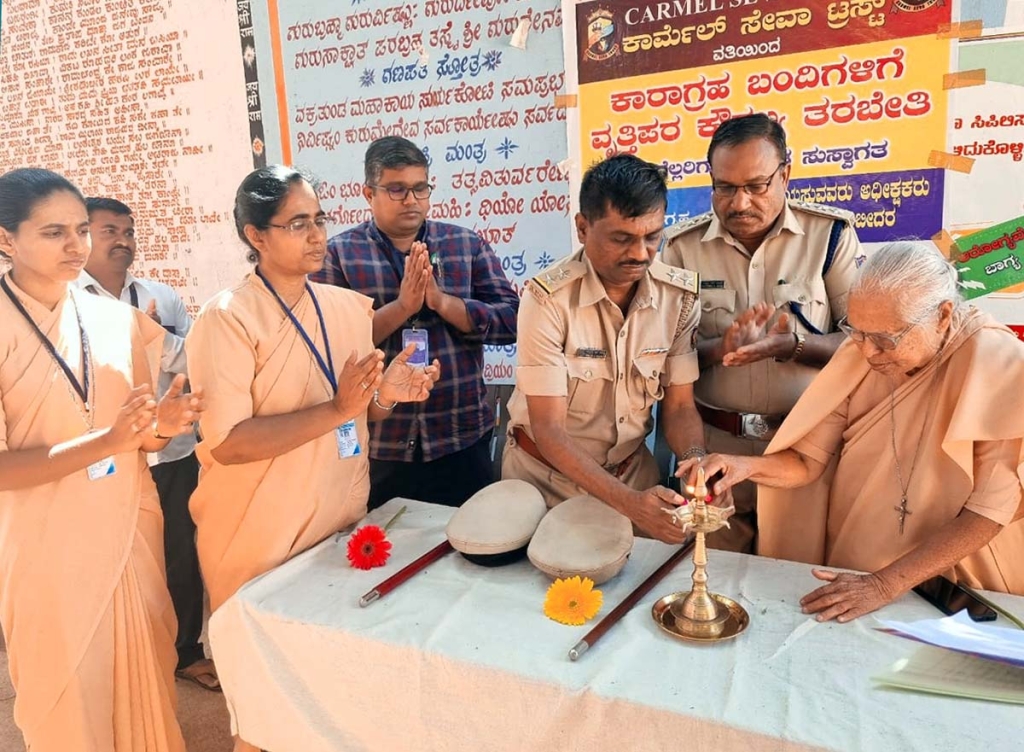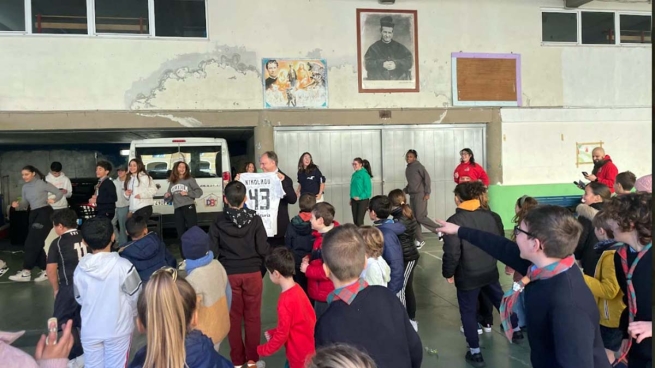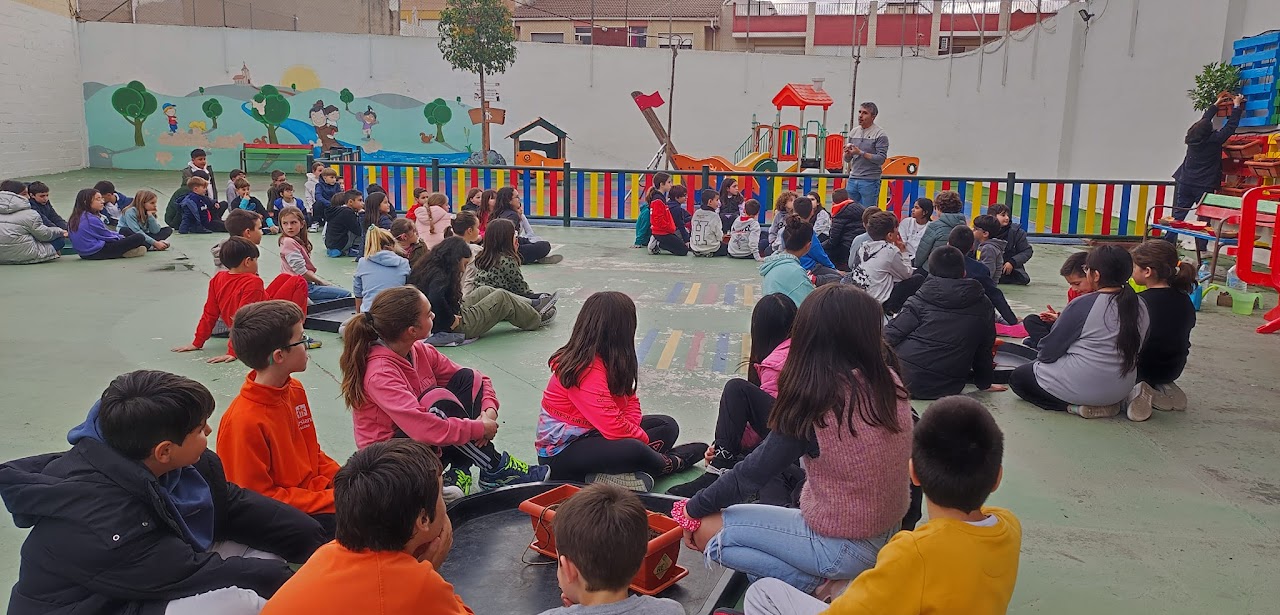CAMBODIA: Students at Don Bosco Technical Institute in Battambang return to course work in agro-technical education

(MissionNewswire) The Don Bosco Technical Institute Salabalath, located in Battambang, Cambodia has started a new school year. The institute focuses on agro-technical education as a means to teach youth new and modern farming techniques to help them develop the skills for later employment. The institute includes a well-established farm adjacent to the school building that specializes in seeds in addition to rice production and raising animals. Farming students learn new agriculture skills in the classroom and are able to put those skills to use during hands-on practice on the farm. Youth attending the Don Bosco Technical Institute are supported by the Don Bosco Children’s Fund.
Started in 1992, the Don Bosco Children’s Fund provides a variety of services and supports to assist poor youth between the ages of 6 and 15 who are either unable to go to school or have had to drop out due to poverty. Through the fund’s programs, youth not only receive support to continue their education, they also receive a monthly assistance package consisting of goods and cash. Social workers ensure that participants make progress and remain in school and those with special aptitude are further supported and encouraged to pursue college coursework.
“Don Bosco technical schools are important for poor students in Cambodia and also for developing a skilled workforce for the local economy,” says Father Mark Hyde, director of Salesian Missions, the U.S. development arm of the Salesians of Don Bosco. “Not only is education about learning to read and write, it provides a foundation for a career and a secure livelihood. Salesian educational programs bring new hope for Cambodian students and their families.”
According to the World Bank, poverty continues to fall in Cambodia. In 2017, the poverty rate was close to 14 percent compared to 47.8 percent in 2007. About 90 percent of the poor live in the countryside. While Cambodia has achieved the Millennium Development Goal (MDG) of halving poverty in 2009, the vast majority of families who escaped poverty were only able to do so by a small margin. Around 4.5 million people remain near-poor, vulnerable to falling back into poverty when exposed to economic and other external challenges.
Rural Cambodians make up about 80 percent of the country’s population and have the most limited access to education, healthcare and other public services. Only 24 percent of Cambodians have access to electricity, 64 percent to clean water and 31 percent to adequate sanitation. Hospitals are also low-quality and the impoverished cannot receive proper care and treatment. Today, close to a quarter of Cambodians over the age of 15 are illiterate. With very little access to education, poor youth find it especially challenging to break the cycle of poverty and find hope for the future.
###
Sources:
ANS Photo (usage permissions and guidelines must be requested from ANS)
World Bank – Cambodia




